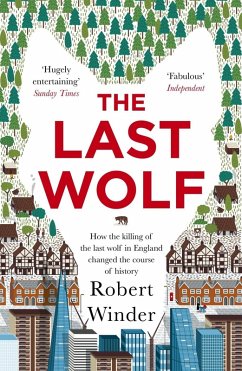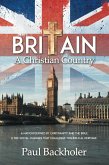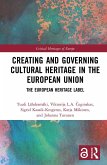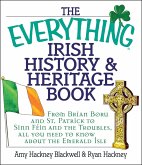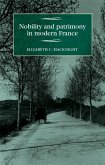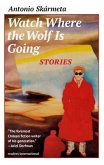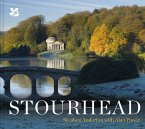In Bloody Foreigners Robert Winder told the rich story of immigration to Britain. Now, in The Last Wolf, he spins an English tale. Travelling the country, he looks for its hidden springs not in royal pageantry or politics, but in landscape and history.
Medieval monks with their flocks of sheep . . . cathedrals built by wool . . . the first shipment of coal to leave Newcastle . . . marital contests on a village green . . . mock-Tudor supermarkets - the story is studded with these and other English things.
And it starts by looking at a very important thing England did not have: wolves.
Dieser Download kann aus rechtlichen Gründen nur mit Rechnungsadresse in A, B, BG, CY, CZ, D, DK, EW, E, FIN, F, GR, HR, H, IRL, I, LT, L, LR, M, NL, PL, P, R, S, SLO, SK ausgeliefert werden.

